According to Russia’s Official Monetary and Financial Institutions Forum (OMFIF) warns that its economic trajectory might see a decline soon.

While Russia is usually resilient in the face of geopolitical challenges and Western sanctions, deterioration might be in view for the country. This could also cause a decline in its global influence.
The Notion by Western Experts
According to some important Western and European economists, Russia is still doing great as a country and weathering the storm. A European economist and former banker, Micheal Santi, said the country is still weathering the storm.
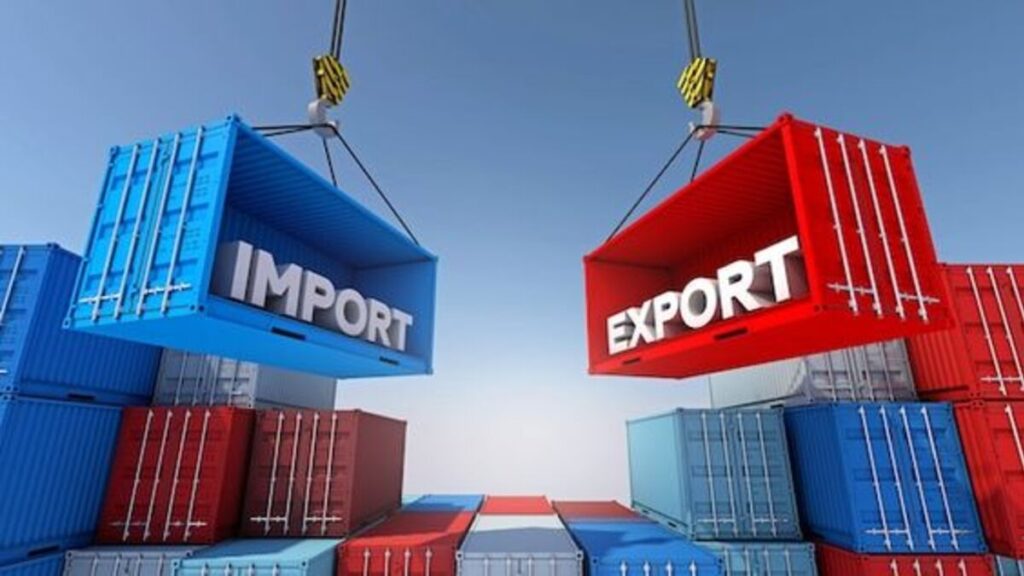
As Russia is currently facing a lot of trade restrictions, he believes they are doing much better than most think.
Russia’s Trade Restrictions
While the country battles trade restrictions, they are still standing tall. They are also experiencing soaring inflation and a record number of labor shortages. As many countries have refused to trade with the Soviet government, one would expect a huge decline.
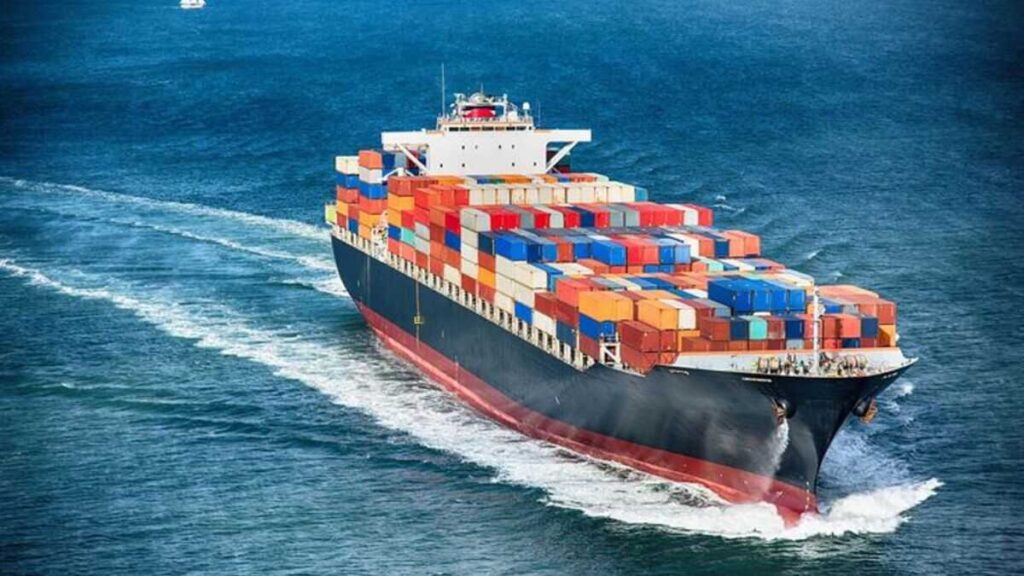
However, Santi says they are overstated, and the standard of living for those within the country has “barely declined.”
ALSO READ: Putin Apologises to Russians over Rising Cost of Living as Inflation Soars
Russians Express Optimistic About the Economy
According to a Gallup poll, more Russians are optimistic about the state of the economy. It instigates that 46% of its citizens believe living standards improved in 2023. Furthermore, 56% expressed optimism about the economy.
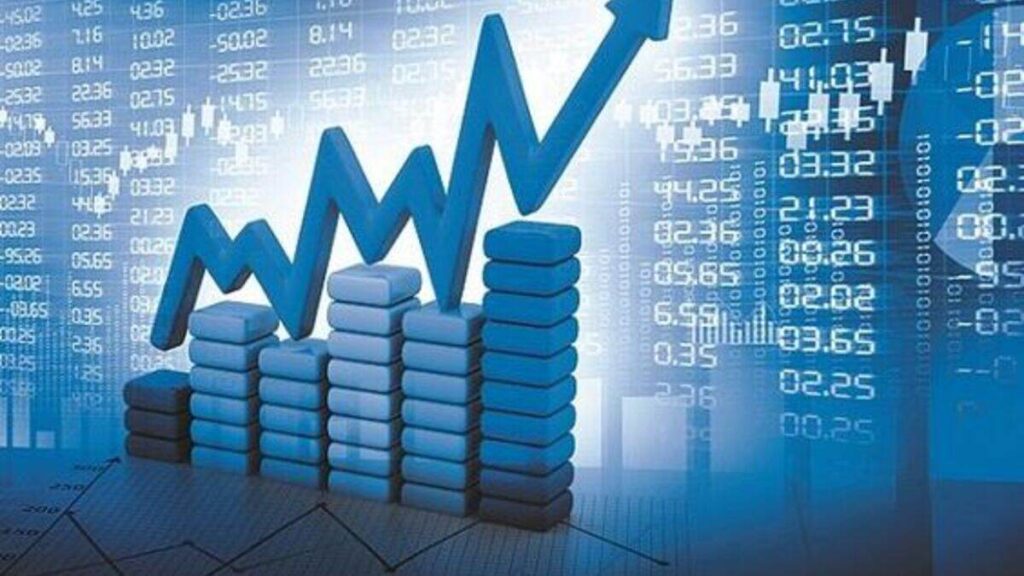
By December 2023, the business confidence in the country also rose by 5%. Therefore, the spirits of Russians are pretty high, and they do not believe there is a crisis yet.
Coping Mechanisms for Trading
Since the trade restrictions imposed by the West have limited Russia’s ability to purchase Western goods, they have no choice but to fund alternatives and coping mechanisms. The major one is using intermediary countries like Armenia, Serbia, and Kazakhstan in trading.
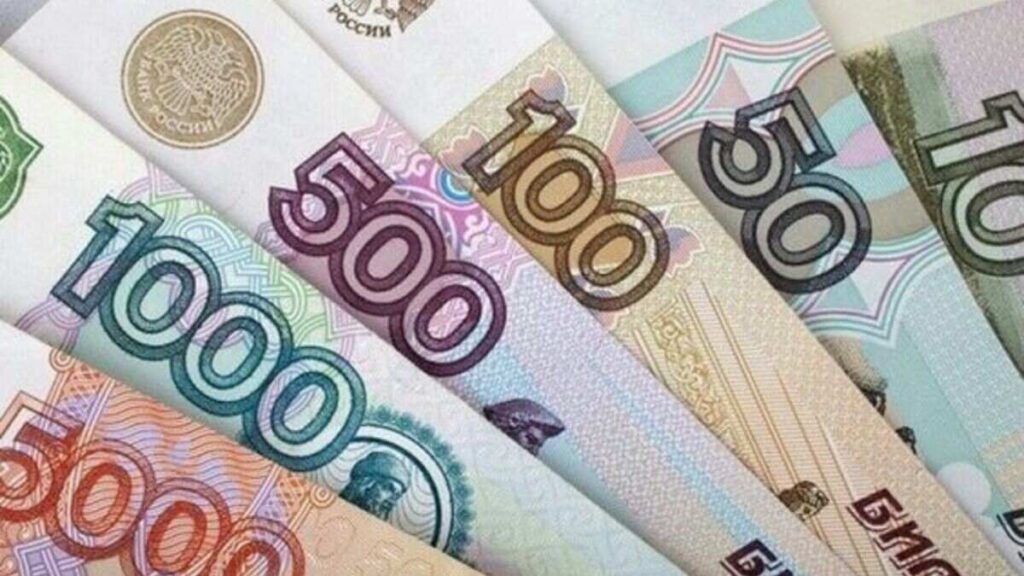
Therefore, these countries purchase goods from the West and pass them on to Russia. Santi also stated that Russia still has abundant resources under its belt.
The Possibility of Russia Concealing a Substantial Economic Degradation
Contrary to the belief of Western experts like Santi, the OMFIF has a contrary opinion. The organization, through Mark Sobel, the U.S. chair, is challenging the other experts’ optimism.
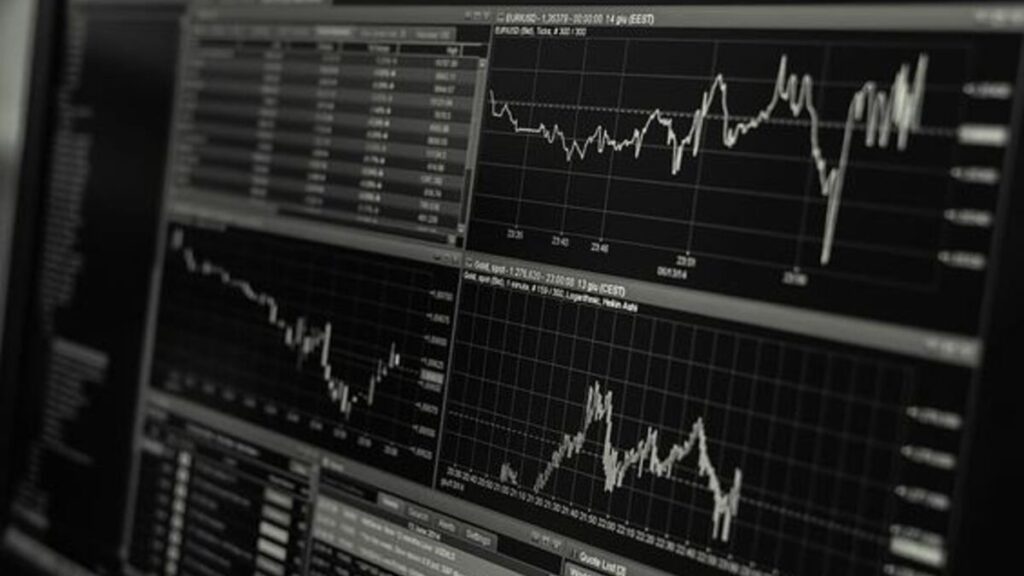
He argues that Russia is concealing a substantial amount of economic degradation. He also noted that if the degradation persists, it will diminish the country’s global standing.
POLL—Do You Support Stricter Gun Control Laws and Assault Weapon Bans?
Is Russia’s Share of Global Purchasing Power Declining?
Since Russia increased its military spending, it has also temporarily buttressed its economic growth. However, Sobek still believes that the situation is causing a decline, contrary to what others think.

According to him, Russia’s global share of world purchasing power is down to 2% from its usual 4%. Furthermore, the country’s energy revenues, a source of important income, are decreasing.
Russia’s Loss of Human Capital
There is no denying that the country is facing a record labor shortage. With soaring inflation and a weak ruble, economic challenges are glaring in the country.
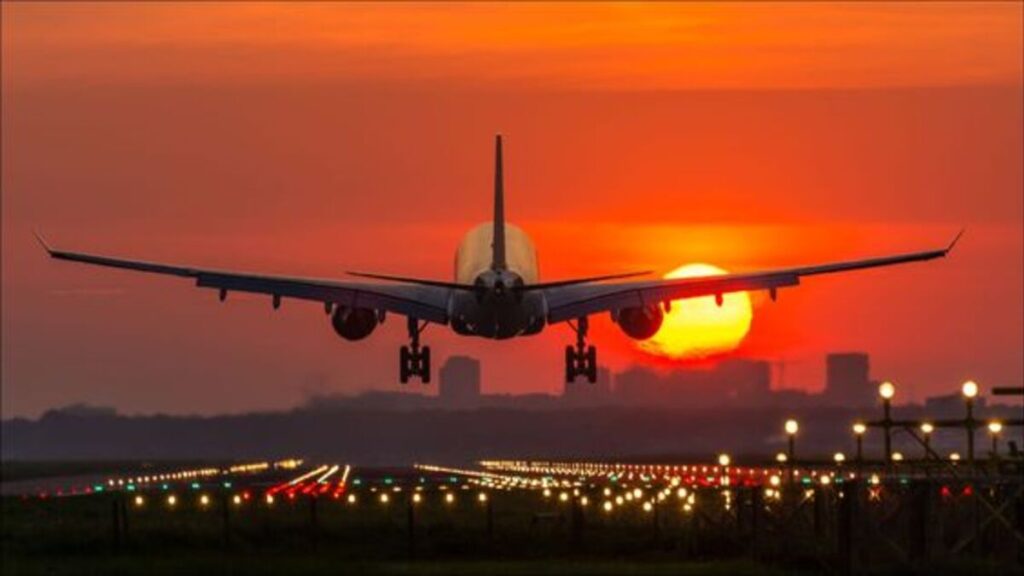
Due to several casualties on the war front, Russia is losing a lot of human capital. Younger educated Russians are also leaving gradually. In 2023, over 1,000 companies have publicly announced their withdrawal or scaling back of operations in Russia.
ALSO READ: Experts Raise Concerns About Russia’s Plans to Deploy Anti-Satellite Nuke in Space
The Exodus of Educated Russians
Since Russia invaded Ukraine, they have lost a significant number of human capital. They suffered a massive exodus of professional talent, including tech workers, scientists, bankers, and doctors.
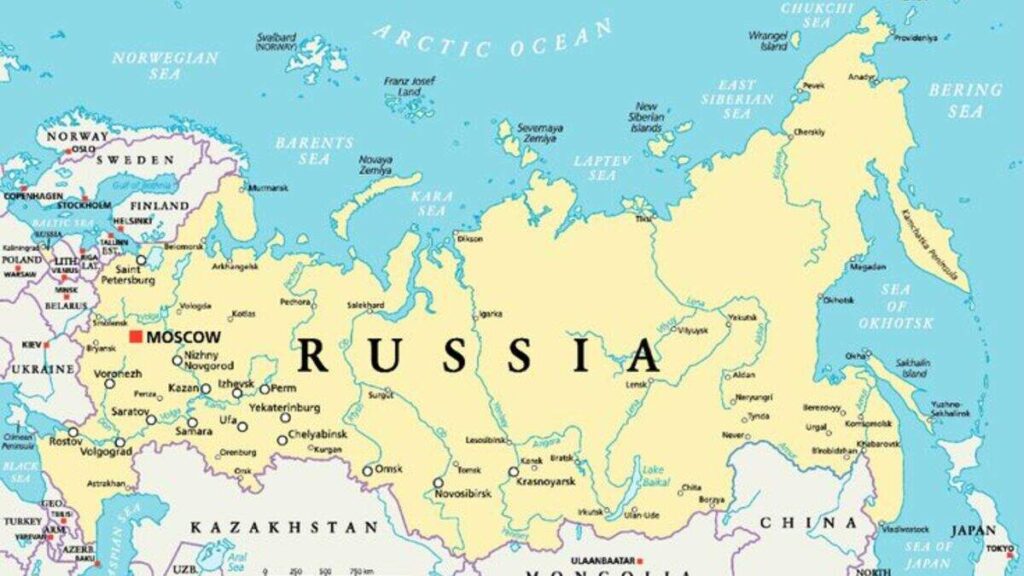
Hundreds of thousands of people are leaving the country. They moved to countries like Georgia, Armenia, and Turkey. Therefore, this poses a threat to Russia’s economy, which may be hard to repair.
How Many People Have Left?
A survey conducted last year showed that approximately 300,000 workers departed from late February till mid-March. Therefore, this suggests a massive outflow from the country.
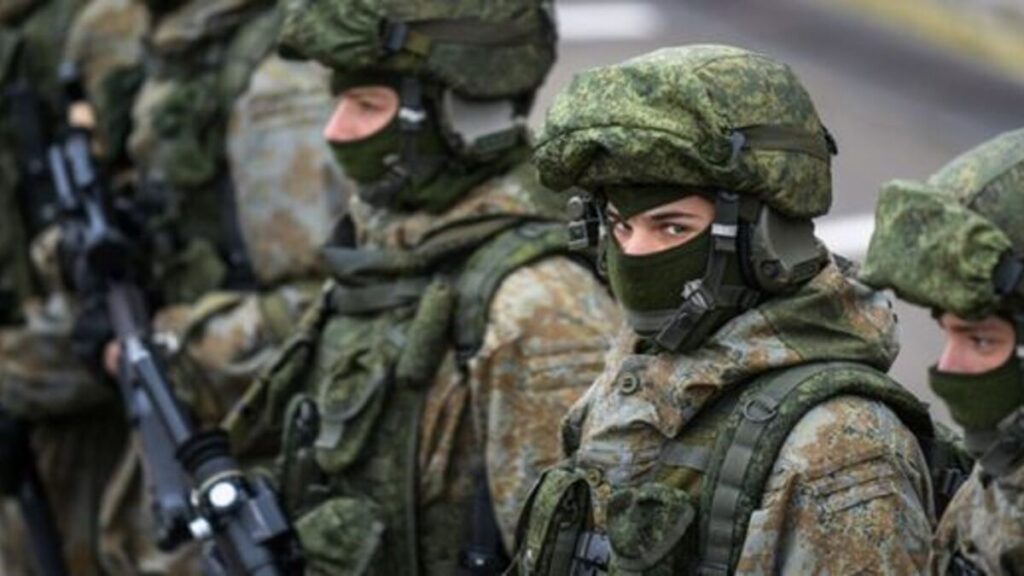
In 2020, about 500,000 people left Russia, according to Rosstat, the country’s statistics agency. What’s more, the number has only increased over the years by averaging about 300,000 people leaving in the span of a month.
The Impact of Moscow’s Military Budget On Russia’s Infrastructure
While about 56% of Russians believe their economy is rising, Moscow’s high military budget is causing the heating systems to break down. Therefore, this reveals the strain on their infrastructure.
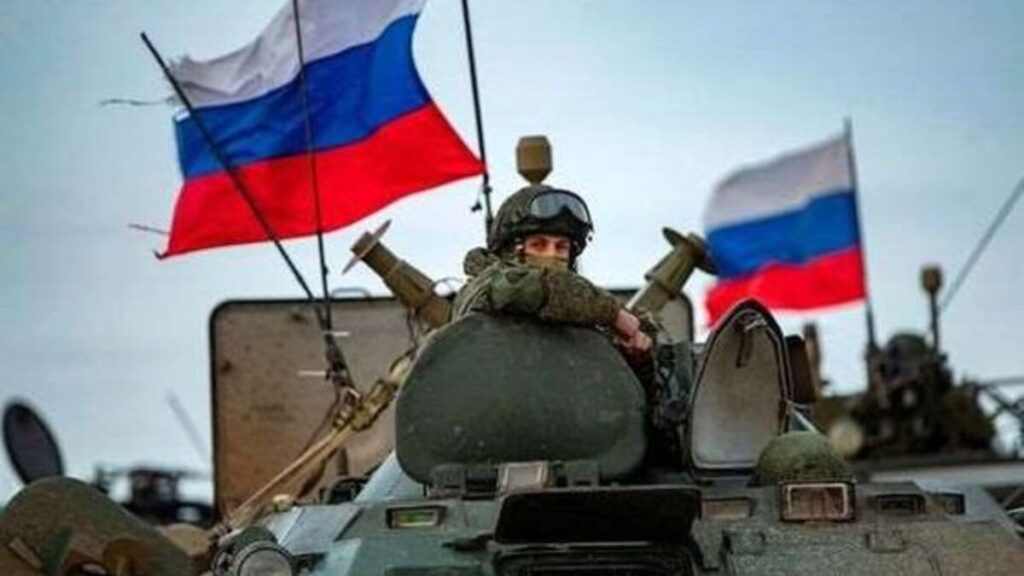
Sobel also suggests that the short-term data may suggest resilience, but a degradation is lurking in the future. If inflation keeps surpassing targets, a decline is inevitable.
ALSO READ: U.S. Prepares for Space War Amid Deepening Tensions With Russia
What does the Future of Russia’s Economy Look Like?
The contradicting opinions from several economists make it harder to predict the future of Russia’s economy. While some argue that Russia is hiding its degradation, others are optimistic and say the country is resilient.
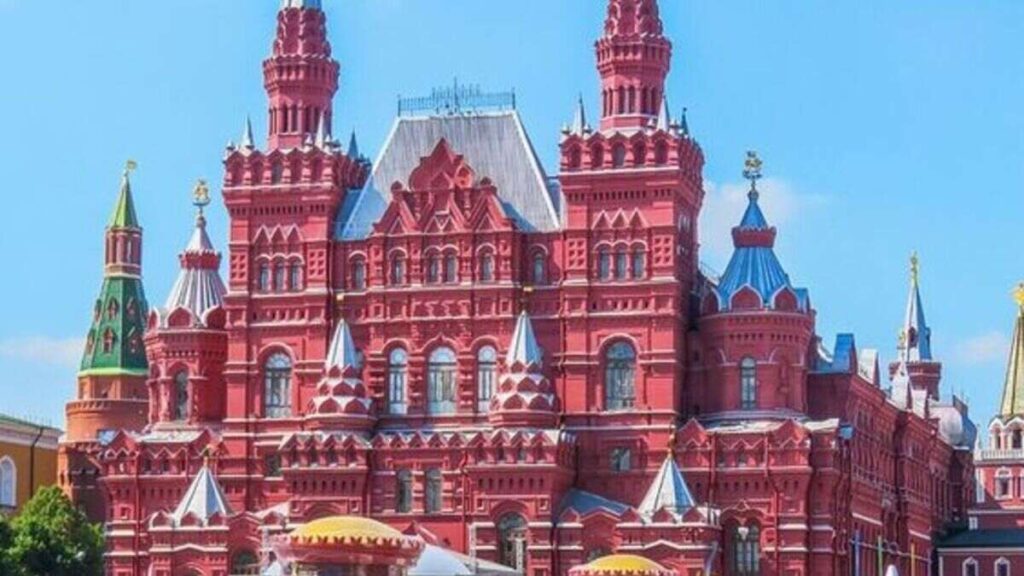
From a professional standpoint, the country’s future will be determined by the intersection of geopolitical tensions, economic policies, and the impact of sanctions on Russia’s economic landscape.
Russia and Ukraine’s War
The Russo-Ukrainian War has been going on for a couple of years now. Russia does not seem to be backing down anytime soon despite the disapproval of several world leaders.

Many European countries do not support Russia and have given Ukraine support over the years. The United States of America has been one of Ukraine’s top supporters over the years.
You Might Also Like
Advocacy Group Calls for Oklahoma Education Superintendent Removal Over Anti-LGBTQ Rhetoric
Ex-NFL Star Braylon Edwards Saves 80-Year-Old Man’s Life in Locker Room Attack
“I’m Not Going to Lie on Behalf of GOP!” Buck Says Over Not Seeking Reelection
Concerns About Biden’s Age and Memory Intensify among Voters as the 2024 Election Approaches
Wharton Professor Predicts $24 Trillion Debt Triggering Mortgage Rates Spike in 2025
